Posted on 12/20/2024

No one enjoys hearing strange noises from their car, especially when they come from the steering system. Power steering is designed to make driving more effortless, so when it starts groaning, whining, or squealing, it’s hard not to feel concerned. If your power steering is making noise, it’s trying to tell you something is wrong. But what exactly is the issue? Let’s explore the potential causes and what you can do to resolve them. Power Steering Power steering systems are a marvel of engineering. They make turning your car easier by amplifying the force applied to the steering wheel. Whether your vehicle uses a hydraulic, electric, or hybrid system, these components work together to create a smooth, responsive steering experience. However, your once-quiet system can start making unsettling noises when something goes wrong. Recognizing these sounds and their meaning is key to addressing the problem before it worsens. Low Power Steering Flu ... read more
Posted on 11/29/2024
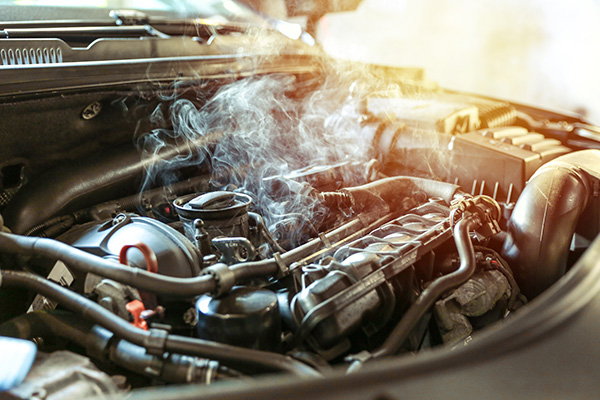
Keeping the engine cool cannot be overstated when it comes to maintaining your vehicle. Overheating can lead to engine damage, poor performance, and costly repairs. One essential part of maintaining your engine’s cooling system is ensuring the coolant flows efficiently and remains clean. But how do you ensure that? Enter the coolant system flush—a service that promises to improve engine cooling by removing old, contaminated coolant and replacing it with fresh one. So, is it really as beneficial as it sounds? What is a Coolant System Flush A coolant system flush is a maintenance procedure that involves draining the old coolant from your vehicle’s radiator and cooling system, flushing out any built-up contaminants, and refilling the system with fresh coolant. The flush helps clear any gunk, rust, or other debris that might be clogging the system and hindering the coolant flow. By doing so, it helps ensure that the engine stays at the optimal operating ... read more
Posted on 10/31/2024
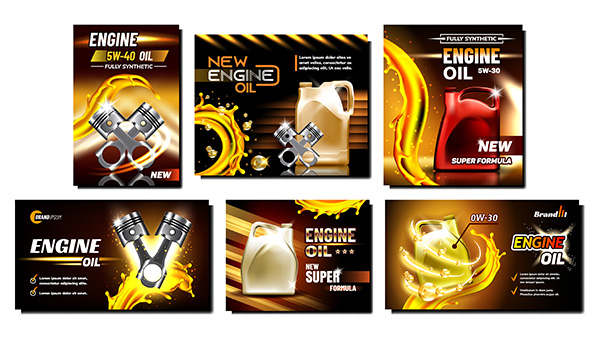
As cars rack up miles, their engines inevitably experience wear and tear. If you drive a high-mileage vehicle, you may have wondered whether switching to a special oil designed for engines with more miles on them is necessary. There’s a growing selection of motor oils marketed specifically for high-mileage vehicles, but are they truly needed? And what benefits do they offer? Let's explore whether your high-mileage car could benefit from a switch to this specialized oil. Why High Mileage Cars Might Need Special Oil First off, what exactly constitutes a high-mileage car? Typically, vehicles with over 75,000 miles on the odometer are considered “high mileage.” As your engine ages and those miles stack up, different issues may arise, like oil leaks, increased engine wear, and reduced performance. Special oils are formulated to address some of these con ... read more
Posted on 9/27/2024
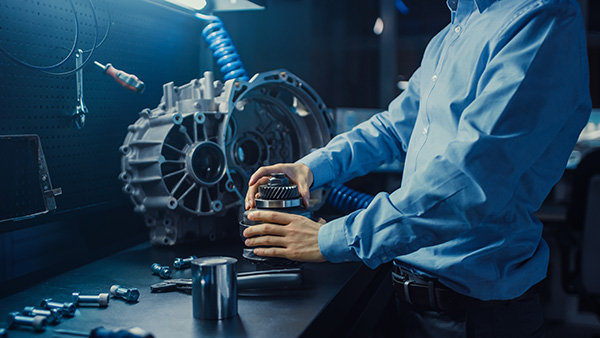
When your vehicle's transmission starts to show signs of trouble, one of the toughest decisions you'll face is whether to opt for a full replacement or a rebuild. Both choices have their own benefits and drawbacks, and understanding these can help you make an informed decision that best suits your vehicle's needs and your budget. So, how do you determine which route to take? Transmission Issues Symptoms like slipping gears, hard shifts, unusual noises, or even complete failure are all red flags that suggest your transmission needs attention. The underlying problem could range from minor issues that can be fixed with a rebuild to major failures that might warrant a full replacement. What Is a Transmission Rebuild? A transmission rebuild involves disassembling the existing transmission, inspecting each component, and replacing worn or damaged parts. The goal is to restore the transmission to a like-new condition, addressing specific issue ... read more
Posted on 8/30/2024
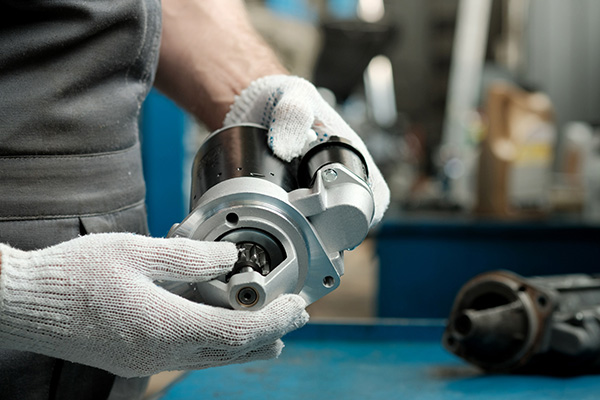
When your car doesn't start, the frustration is immediate and profound. Often, the culprit is the starter, a critical component responsible for starting the engine. Recognizing the signs of a failing starter can save you time, money, and stress. We'll share the key indicators of a starter on the verge of failure, helping you stay ahead of potential breakdowns and keep your car running smoothly. The Starter's Role in Your Car The starter motor is a small yet powerful electric motor that cranks the engine when you turn the ignition key or push the start button. It's the heart of your car's starting system, initiating the internal combustion process. Without a functioning starter, your car won't start, leaving you stranded. Knowing the warning signs of a failing starter can prevent unexpected inconveniences and costly repairs. Sign 1: Clicking Sound When Turning the Key One of the most common signs of a failing starter is a cli ... read more
Posted on 7/26/2024
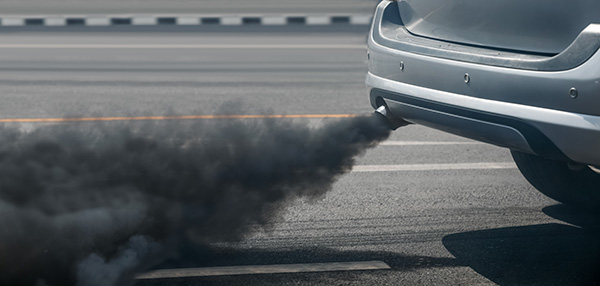
Seeing black smoke pouring out of your car's exhaust can be alarming. Not only does it indicate a problem with your vehicle, but it also contributes to environmental pollution. But what exactly causes this issue? Understanding the underlying causes can help you address the problem promptly and avoid further damage to your car. We will share the common reasons behind black smoke from the exhaust and how you can tackle them. Fuel Mixture Issues One of the primary causes of black smoke is an improper fuel mixture. When too much fuel and not enough air are combined in the combustion chamber, it results in incomplete combustion. This can happen due to a faulty fuel injector, a clogged air filter, or a malfunctioning oxygen sensor. The excess fuel doesn't burn completely and exits the exhaust as black smoke. Checking and replacing a dirty air filter can ... read more
Posted on 6/28/2024
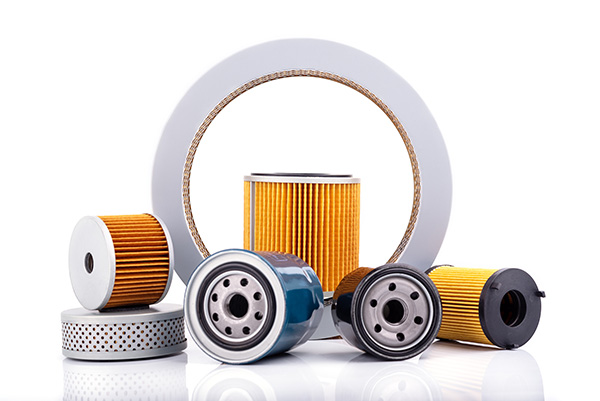
Every vehicle relies on various filters to keep its vital systems running smoothly. From ensuring clean air intake to protecting engine components, filters play a crucial role in maintaining a car's performance and longevity. Let’s explore the five most important filters found in cars, why they are essential, and when they should be replaced. 1. Engine Oil FilterThe engine oil filter is arguably the most critical filter in a car. Its primary function is to remove contaminants from the engine oil, such as dirt, metal particles, and sludge, that can cause engine damage if allowed to circulate. A clean oil filter promotes proper lubrication, reduces friction between moving parts, and helps extend the life of the engine. When to Replace Engine ... read more
Posted on 5/28/2024
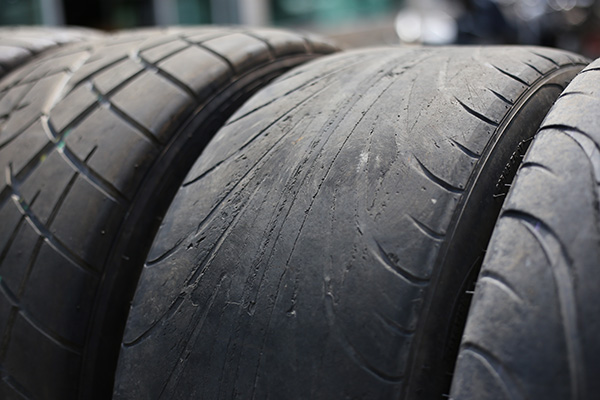
Are your car tires silently signaling for a change? Your vehicle's tires are its only point of contact with the road, yet they often go unnoticed until a problem arises. But what are the telltale signs that it's time to bid farewell to your old rubber companions? Let's explore five unmistakable signals that indicate it's time for a tire swap. 1. Tread Wear Beyond Tolerance As we navigate through life, our shoes wear down, and similarly, your car's tires undergo tread wear. However, excessive wear can spell trouble. Insufficient tread depth compromises traction, especially on wet or slippery surfaces, increasing the risk of accidents. One way to check tread wear is the penny test – if Lincoln's head is fully visible when inserted into the tread, it's time for new tires. 2. Cracks, Bulges, and Blisters Just as our skin can develop blemishes over time, so can tire sidewalls. Look for cracks, bulges, or blisters on the ... read more
Posted on 4/27/2024
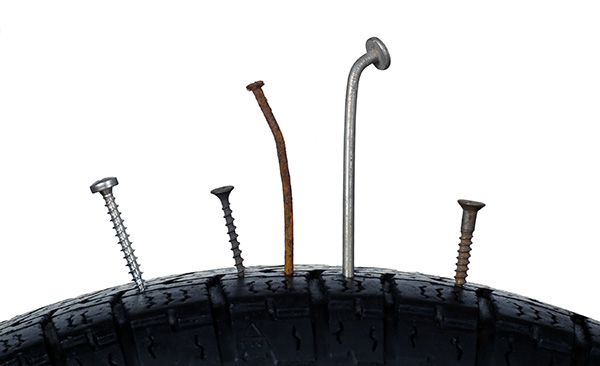
Discovering a nail lodged in your tire can be frustrating. Knowing the right steps can help you navigate this situation with ease and get back on the road safely. Assess the Situation If you spot a nail or foreign object in your tire, resist the urge to panic. Instead, take a moment to assess the severity of the damage. Is the nail embedded deeply into the tire tread, or is it just barely puncturing the surface? This initial evaluation will help you determine your next course of action. Check Tire Pressure Before taking any further steps, check the tire pressure using a gauge. If the tire has lost significant pressure, it must be addressed promptly to avoid further damage or a potential blowout. If the pressure is relatively stable, you may have more time to address the situation safely. Modern tubeless tires utilize advanced materials and c ... read more
Posted on 3/31/2024
.jpeg)
Your car's cooling radiator is a crucial component of its engine cooling system, responsible for regulating the temperature of the engine to prevent overheating. Despite its importance, many drivers may not fully understand how the radiator works or how to maintain its performance. The Role of the Cooling Radiator The cooling radiator plays a central role in dissipating heat generated by the engine during operation. As your car's engine burns fuel to produce power, it generates intense heat that must be managed to prevent overheating and potential damage. The cooling radiator facilitates this process by circulating coolant (typically a mixture of water and antifreeze) through a network of small tubes or channels, where it absorbs heat from the engine. Understanding the Components A typical car's cooling radiator consists of several key components, each contributing to its function and efficiency. These include: Core: The core of the ra ... read more